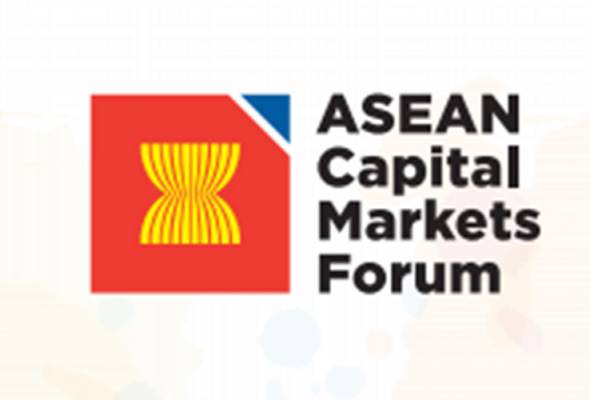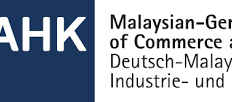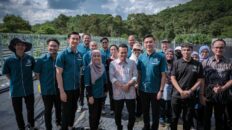Kuala Lumpur, April 11 – The ASEAN Capital Markets Forum (ACMF) has officially launched the ASEAN Simplified ESG Disclosure Guide for SMEs in Supply Chains (ASEDG) – Version 1, offering a streamlined and practical resource to support small and medium enterprises (SMEs) across ASEAN in their sustainability reporting journey.
Unveiled on the sidelines of the ASEAN Finance Ministers and Central Bank Governors Meeting in Kuala Lumpur, the ASEDG provides SMEs operating within both global and local supply chains with a user-friendly framework to report on environmental, social and governance (ESG) matters to key stakeholders, including customers, financiers, and investors.
The guide consolidates major global ESG reporting standards—including the IFRS Sustainability Disclosure Standards and the Global Reporting Initiative (GRI) Standards—alongside national frameworks from all ten ASEAN member states. It identifies 38 priority disclosures, organized into Basic, Intermediate, and Advanced categories to accommodate varying levels of sustainability maturity among SMEs.
“SC Malaysia, as Chair of the ASEAN Capital Markets Forum, is pleased to spearhead the development of this guide as a valuable contribution to our ASEAN counterparts,” said Mohammed Faiz Azmi, Chairman of the Securities Commission Malaysia and 2025 Chair of the ACMF. “The ACMF remains committed to fostering sustainable and inclusive growth across the region. We encourage SMEs, investors, and all stakeholders to leverage this guide as a catalyst for meaningful ESG adoption.”
The ASEDG also forms a core part of Malaysia’s Priority Economic Deliverable as ASEAN Chair in 2025, under the theme: “Catalysing Access to Financing for a Climate Resilient and Just Transition in ASEAN.” It complements the ACMF’s broader agenda to promote corporate sustainability disclosures, a key pillar of the Roadmap for ASEAN Sustainable Capital Markets.
Version 1 of the ASEDG reflects collective input from all ACMF member countries and insights from extensive stakeholder engagements across the region. As ESG requirements and global sustainability standards continue to evolve, the guide will remain a living document, with updates and refinements planned based on ongoing consultations across ASEAN over the next six months.








